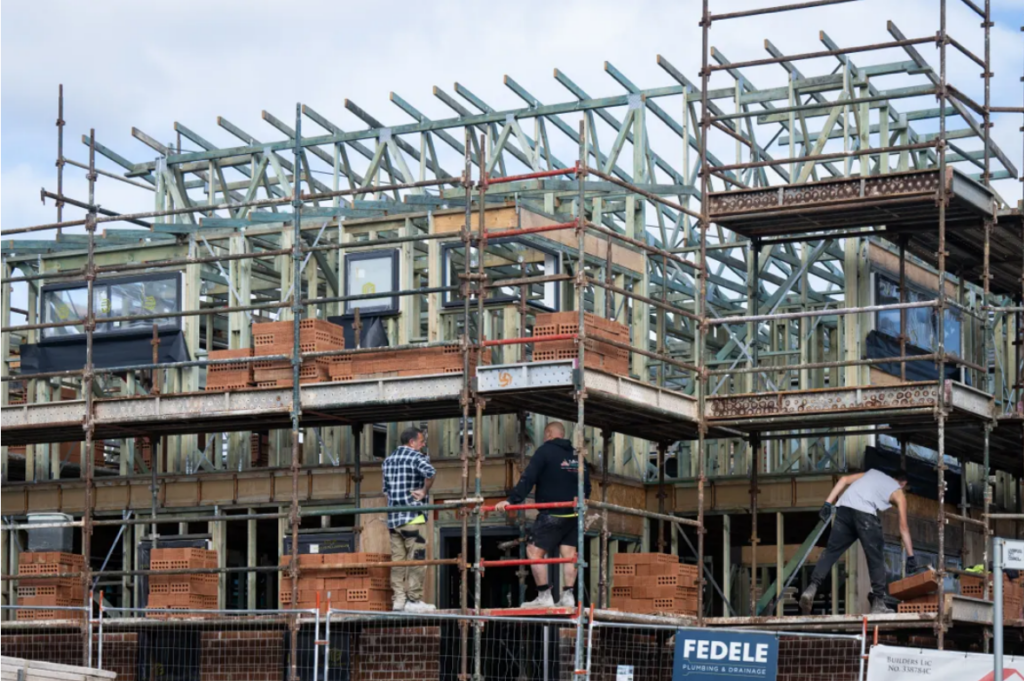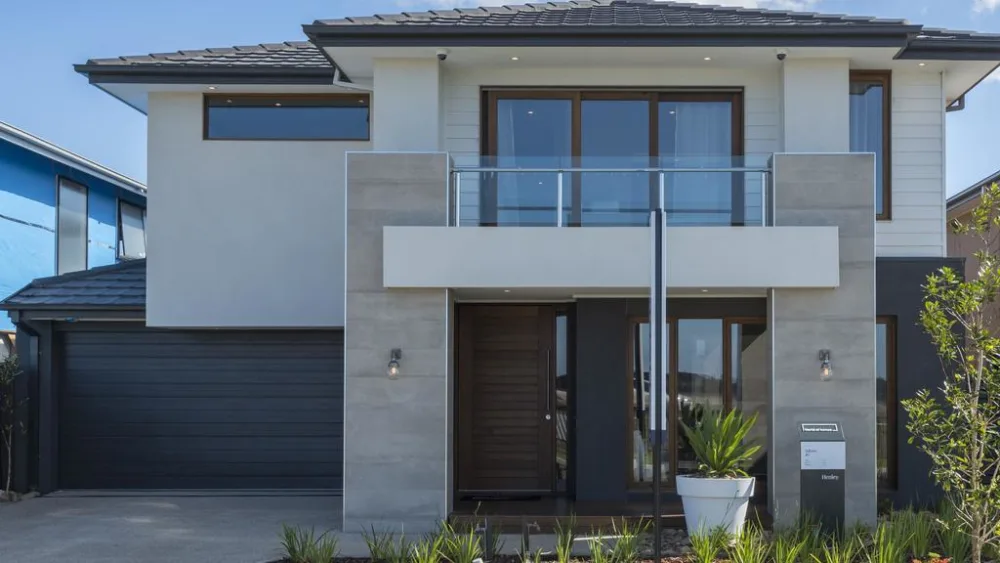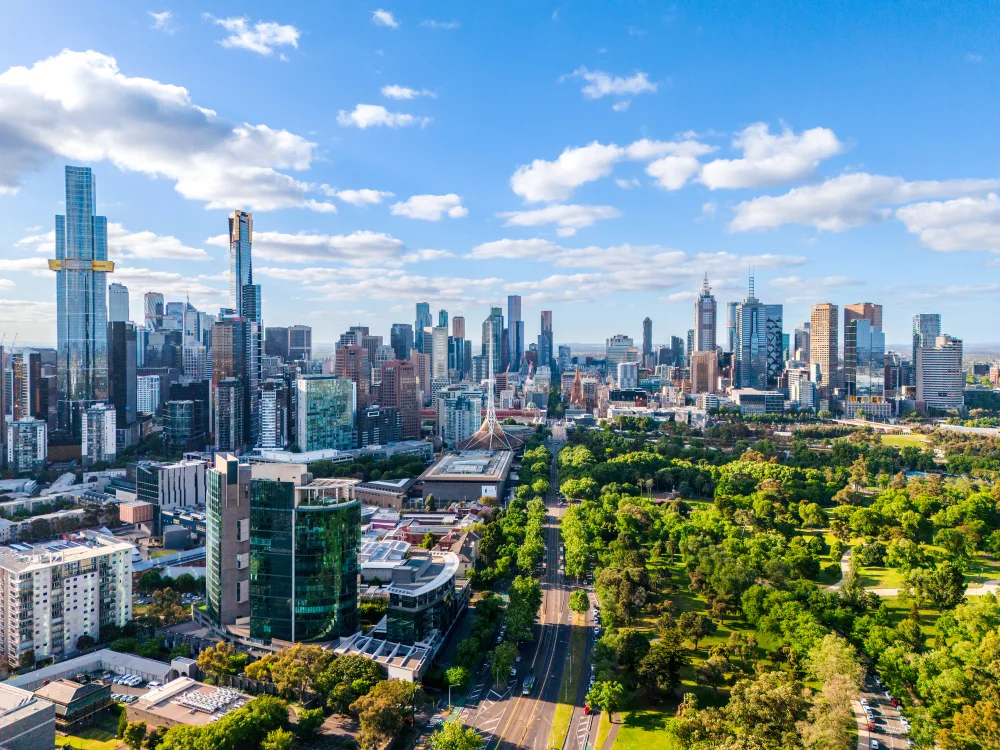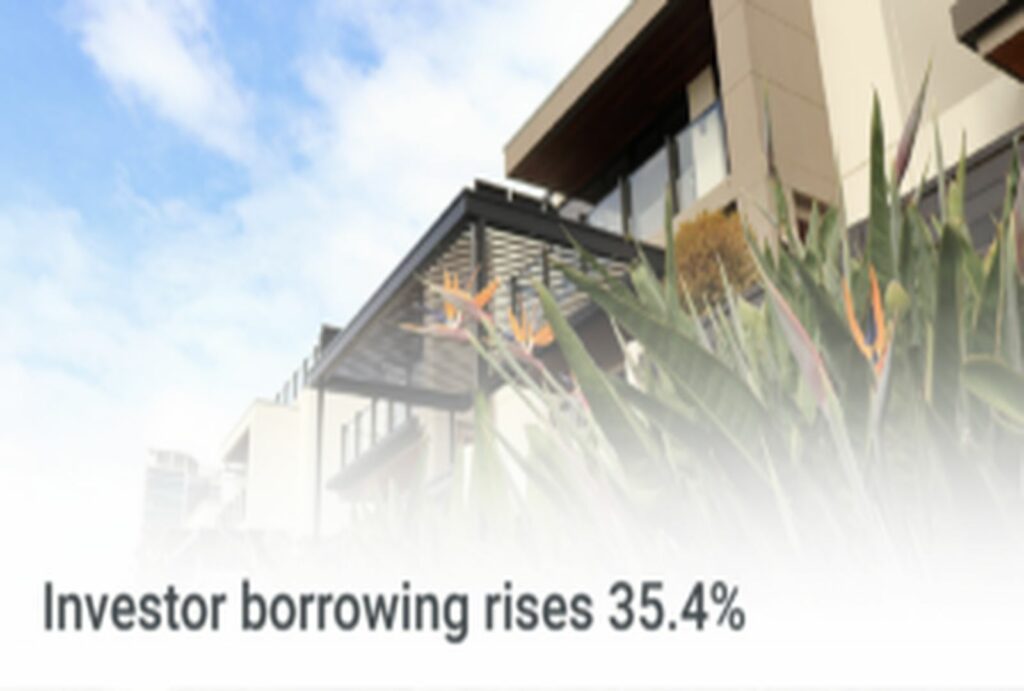With a wave of housing policy proposals hitting headlines, CoreLogic’s Head of Research Eliza Owen breaks down what these announcements could mean for the market and how effective they might be, covering:
- The Federal Government’s infrastructure funding towards supporting new housing developments
-
Victoria Government’s proposed high-rise development zones near metro hubs; and the 12-month stamp duty concession for off-the-plan townhouses and units for any value and any buyer
Cheaper homes don’t make for more homes. The contradiction at the heart of our housing challenge right now is that more supply is needed to help housing values come down. In reality though, the residential construction sector is still struggling to deliver housing with a reasonable profit margin. For private sector developers and builders, arguably home values need to rise further to support some repair in profit margins, or costs associated with delivering new housing supply need to fall. The cost of buying and holding land, developing it, putting up buildings and financing projects have all increased in recent years.
This means that in order to make new supply work, residential construction needs to be somehow distanced from the pressures of profitability and feasibility. There’s not one approach to this, but the Coalition has responded to industry groups calling for funding of housing-related infrastructure, such as the connection to water, sewage and roads. Prior to the 1980s, it was not uncommon for state governments to fund this kind of infrastructure in partnership with land developers, which has gradually shifted to the private sector over time. This effective subsidy for the infrastructure costs associated with new housing development should help to reduce the cost burden on developers and support a kickstart of shovel ready projects. A ‘use it or lose it’ condition of 12 months would also help to bring forward commencement of approved dwellings, which according to the ABS sat at around 34,000 in the June quarter of this year (down from a high of 46,000 in the December quarter of 2017, but drifting up from a 5-year average of 32,000).
The Victorian government has also made a move toward upping supply, but the focus is more on infill. They have announced 50 key transport areas where local planning laws would be overridden to allow high-rise apartment developments of up to 20 storeys near some stations. The question of feasibility also comes to mind: is this the right kind of supply for increasing home ownership. High density unit development in Melbourne was common in inner-city areas throughout the 2010s, but these were largely bought by investors and have not exactly led to prosperity and wealth creation for their owners. For example, in the suburb of Melbourne, CoreLogic data shows unit values are still -8.4% below the record high in May 2017. For millennials having kids and seeking a family home, high rises are also not traditionally a popular option. 2021 census data shows just 1.7% of one-family households resided in units in a nine or more storey block, compared to 82% of one-family households living in a detached house. However, units in established, affluent areas could provide an excellent downsizing option for empty nesters, freeing up more family homes.
Interestingly though, the Victorian state government has also announced an immediate, uncapped 12-month concession on stamp duty for off-the-plan townhouse and unit purchases. Historic lending data from the ABS shows that the biggest surges in first home buyer activity have occurred during temporary, uncapped buyer concessions, because they concentrate first home buyer activity under the period the concession is available. These included the temporary boost to the First Home Owners Grant in 2008 and 2009, and the HomeBuilder scheme, which was available to all buyers but had strong take up from first home buyers. This actually does serve to improve the feasibility of unit projects in the areas earmarked for upzoning. Even without the stamp duty concession, younger Australians would likely be incentivised to take up unit living because of the cost blow out between houses and units through the pandemic. In September, CoreLogic data shows a $313,500 gap between the median house and unit value in Melbourne, up from $208,500 in December 2019.










